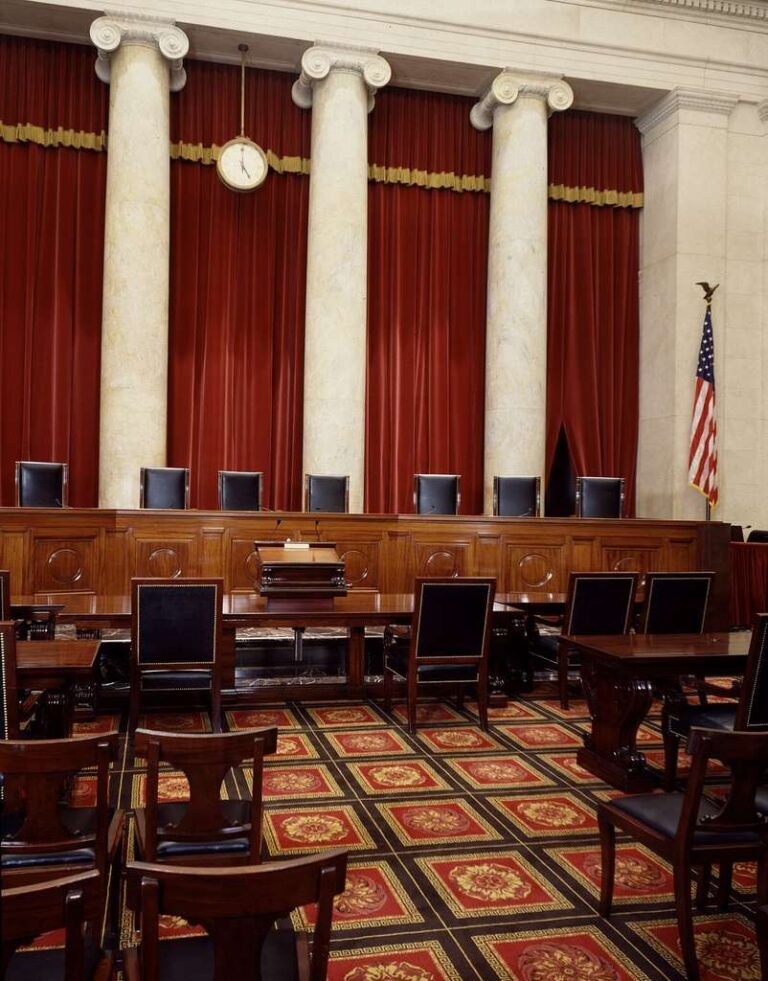
John Fry is a student at Harvard Law School.
SpaceX has filed a second lawsuit in Texas challenging the constitutionality of the National Labor Relations Board, after its first suit was transferred from Texas to California last month. The new complaint rehashes two arguments that SpaceX made in its initial suit: that the NLRB’s members and the agency’s administrative law judges are impermissibly shielded from removal by the President.
The new suit is likely a second attempt to have these constitutional claims heard in the Fifth Circuit, which is under increasing scrutiny for its zeal in curtailing federal agencies’ power. SpaceX’s first suit was transferred to California because the underlying unfair labor practice proceedings had a weak connection to the state of Texas, leading a judge in the Southern District of Texas to conclude that venue in Texas was improper. SpaceX’s new suit seeks to halt ongoing ULP proceedings in which the NLRB is challenging the company’s severance agreements and forced arbitration clauses. While these ULP charges were issued in Seattle, the challenged contractual terms apply to SpaceX employees across the country, leading the company to argue that Texas is an appropriate forum for its new suit. Labor law experts will continue to watch both SpaceX suits closely.










Daily News & Commentary
Start your day with our roundup of the latest labor developments. See all
February 20
An analysis of the Board's decisions since regaining a quorum; 5th Circuit dissent criticizes Wright Line, Thryv.
February 19
Union membership increases slightly; Washington farmworker bill fails to make it out of committee; and unions in Argentina are on strike protesting President Milei’s labor reform bill.
February 18
A ruling against forced labor in CO prisons; business coalition lacks standing to challenge captive audience ban; labor unions to participate in rent strike in MN
February 17
San Francisco teachers’ strike ends; EEOC releases new guidance on telework; NFL must litigate discrimination and retaliation claims.
February 16
BLS releases jobs data; ILO hosts conference on child labor.
February 15
The Office of Personnel Management directs federal agencies to terminate their collective bargaining agreements, and Indian farmworkers engage in a one-day strike to protest a trade deal with the United States.